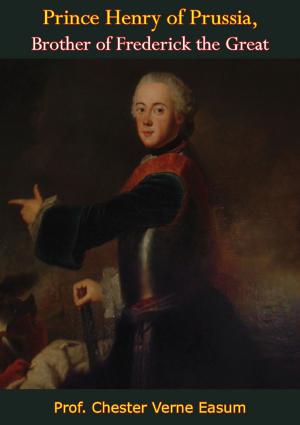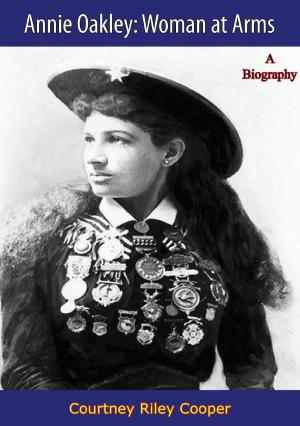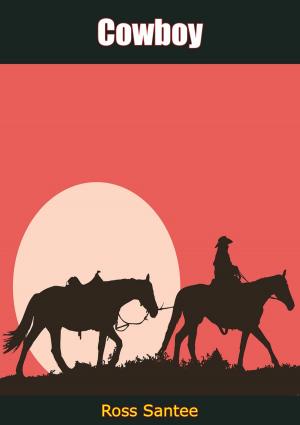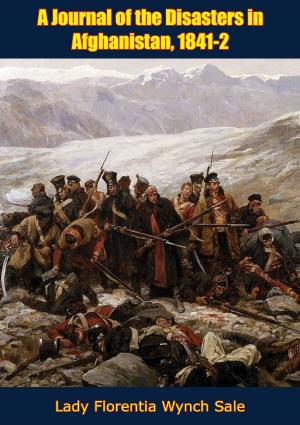Rough and Tumble
An Autobiography of a West Texas Judge
Nonfiction, Social & Cultural Studies, Social Science, Cultural Studies, Native American Studies, History, Americas, United States, 19th Century, Biography & Memoir| Author: | William Paul Moss | ISBN: | 9781789120271 |
| Publisher: | Borodino Books | Publication: | February 27, 2018 |
| Imprint: | Borodino Books | Language: | English |
| Author: | William Paul Moss |
| ISBN: | 9781789120271 |
| Publisher: | Borodino Books |
| Publication: | February 27, 2018 |
| Imprint: | Borodino Books |
| Language: | English |
This is the autobiography of West Texas judge William Paul Moss, which was first published in 1954, and predominantly explores his youthful adventures on his ranches in Texas and New Mexico, where he loved to raise cattle and hunt. Judge Moss describes his life as having consisted of three parts: cattle, law, and oil. In describing his job as a judge, he portrays himself as a conscientious lawyer and judge and proclaims his love for his adopted city and state, observing that “the judge passes upon all questions of law, subject to the right of appeal to the appellate courts.” His jurisdiction included both civil and criminal matters. Though not required by law he would appoint lawyers for those who could not afford them. Moss believed that a judge should try “to make his courthouse into a temple of justice” and he believed this involved keeping his mind “on the spirit of the law rather than its technicalities.” He observed: “A country judge is, in many respects, like a country lawyer. He has to know a little bit about everything. There are times when he may not even know much about the law.”
This is the autobiography of West Texas judge William Paul Moss, which was first published in 1954, and predominantly explores his youthful adventures on his ranches in Texas and New Mexico, where he loved to raise cattle and hunt. Judge Moss describes his life as having consisted of three parts: cattle, law, and oil. In describing his job as a judge, he portrays himself as a conscientious lawyer and judge and proclaims his love for his adopted city and state, observing that “the judge passes upon all questions of law, subject to the right of appeal to the appellate courts.” His jurisdiction included both civil and criminal matters. Though not required by law he would appoint lawyers for those who could not afford them. Moss believed that a judge should try “to make his courthouse into a temple of justice” and he believed this involved keeping his mind “on the spirit of the law rather than its technicalities.” He observed: “A country judge is, in many respects, like a country lawyer. He has to know a little bit about everything. There are times when he may not even know much about the law.”
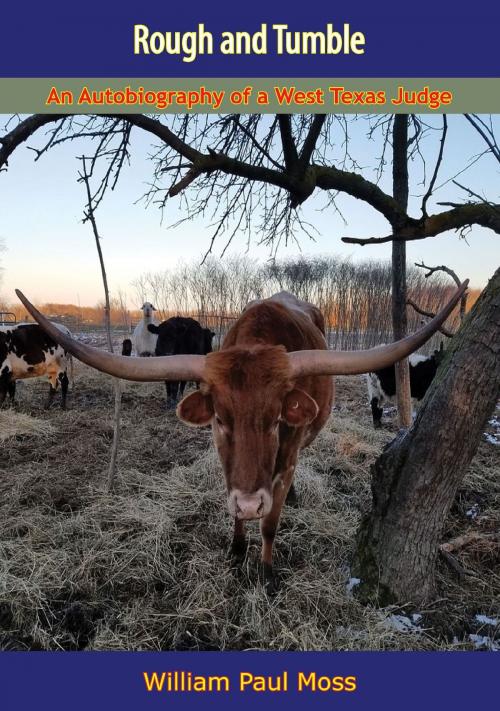
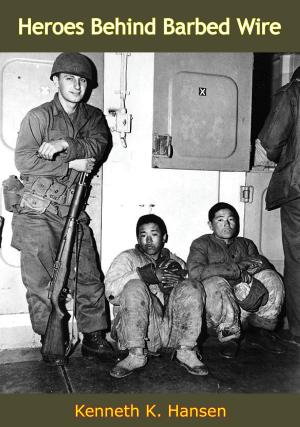

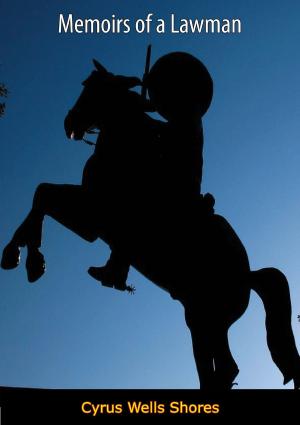
![Cover of the book A History of Political Thought in the Sixteenth Century [Revised Edition] by William Paul Moss](https://www.kuoky.com/images/2018/february/300x300/9781787209800-Gx2b_300x.jpg)
